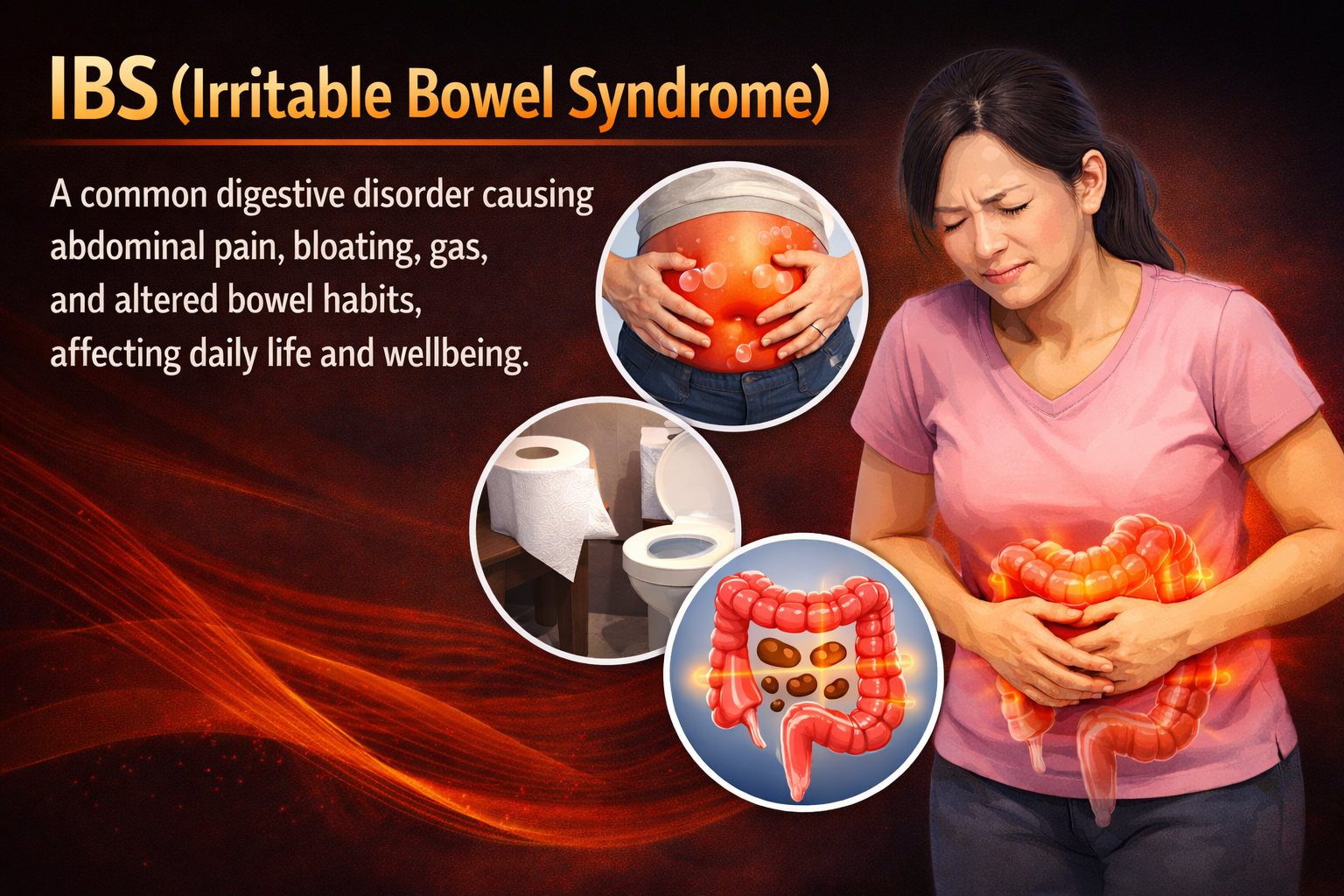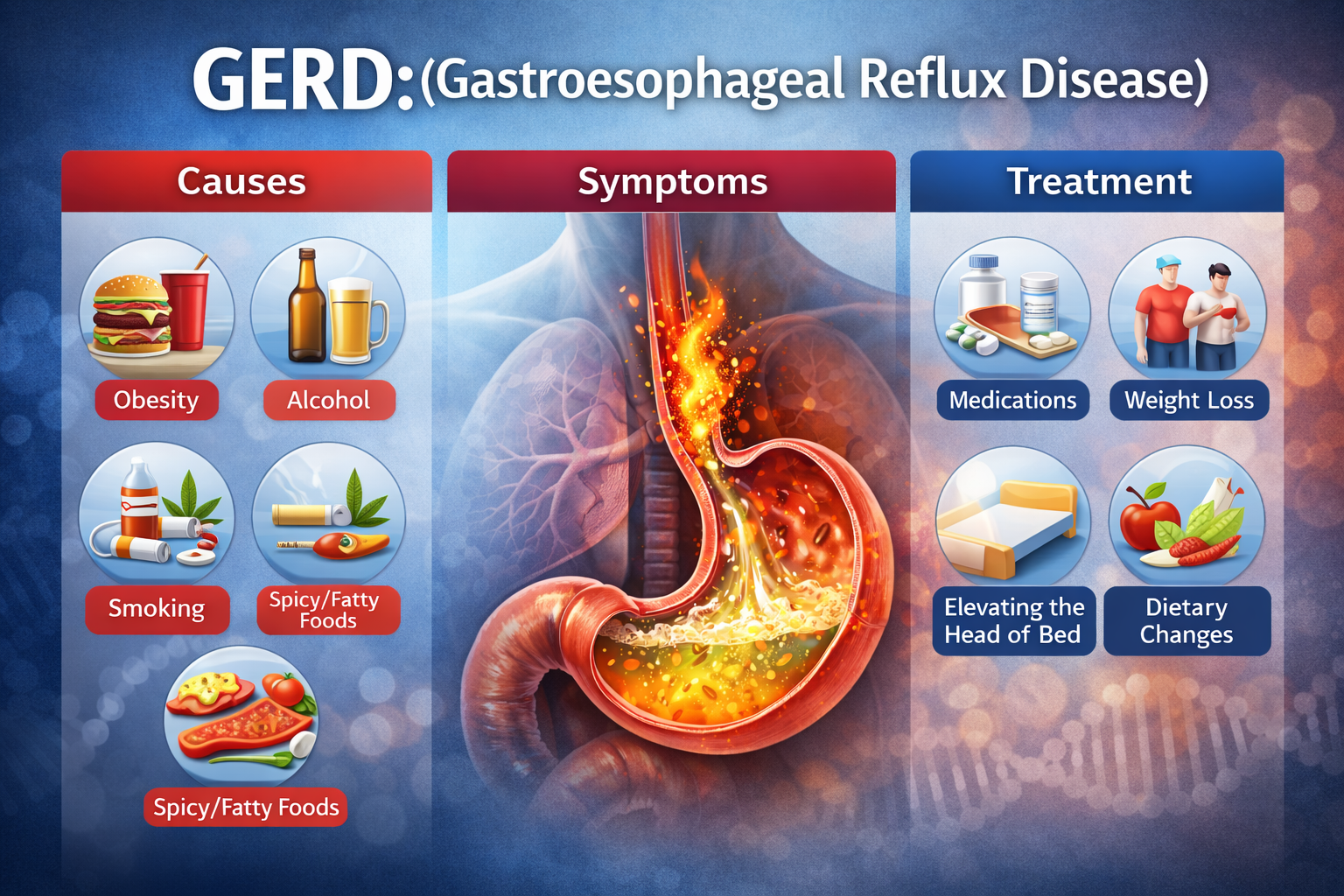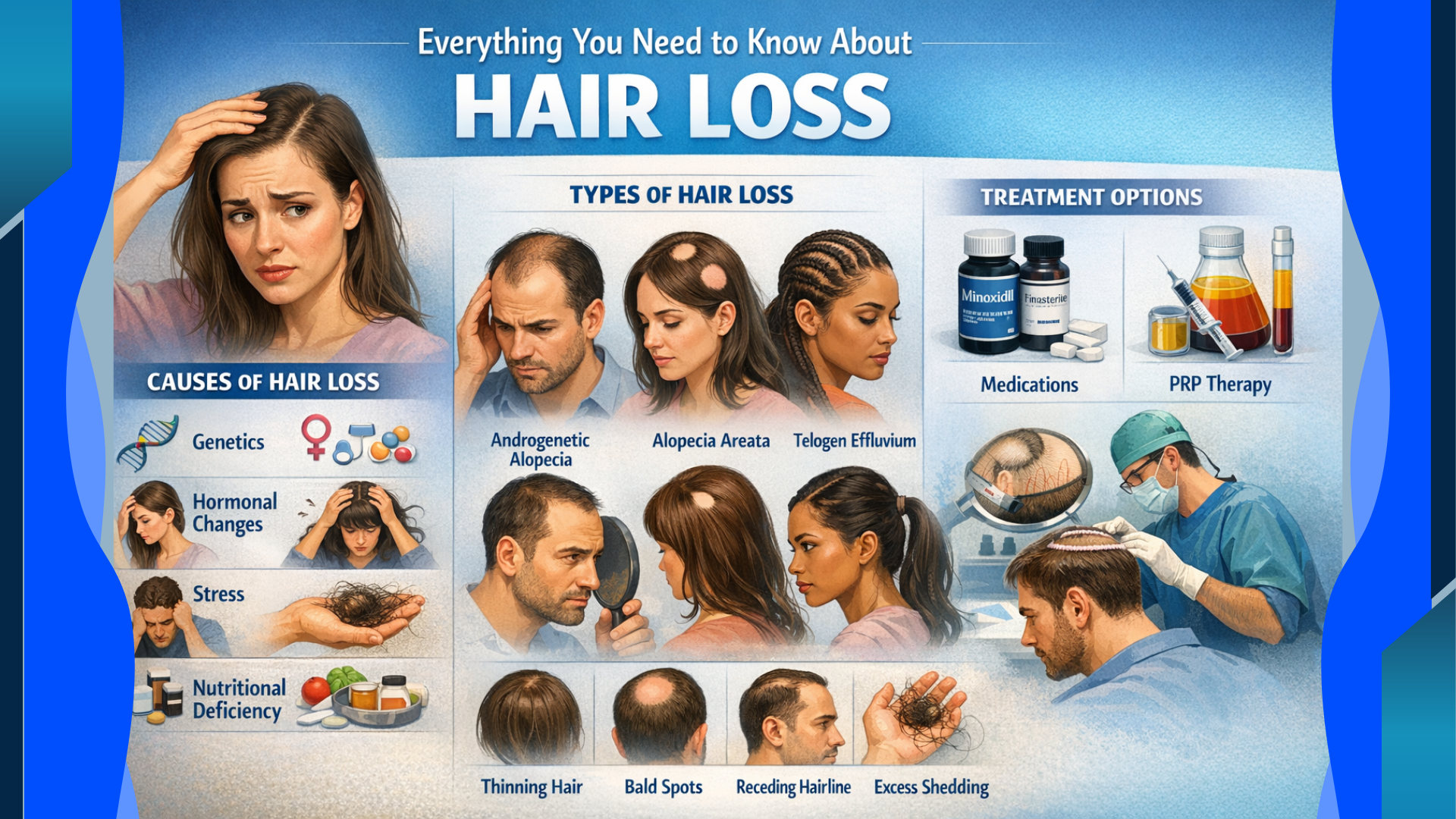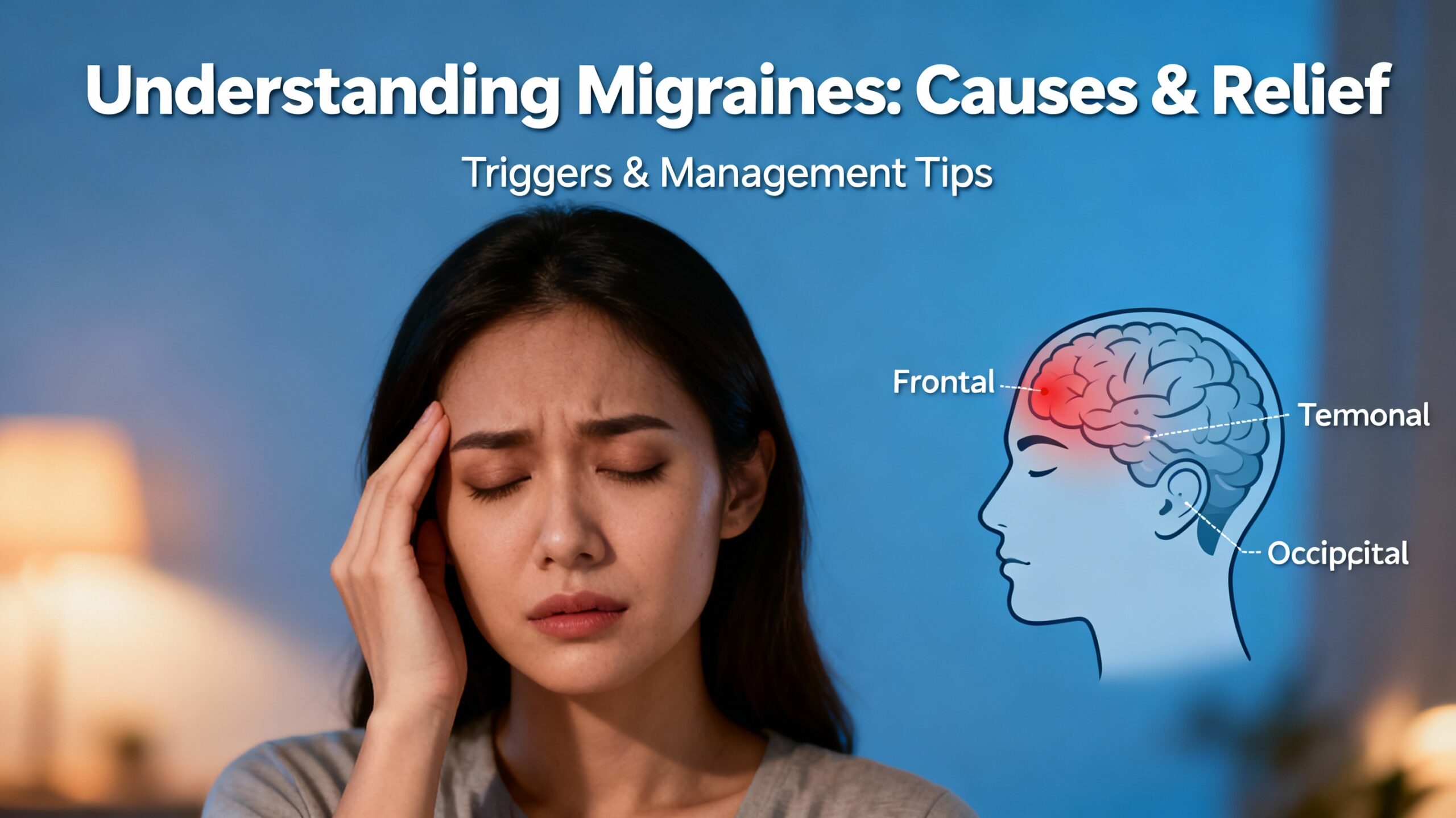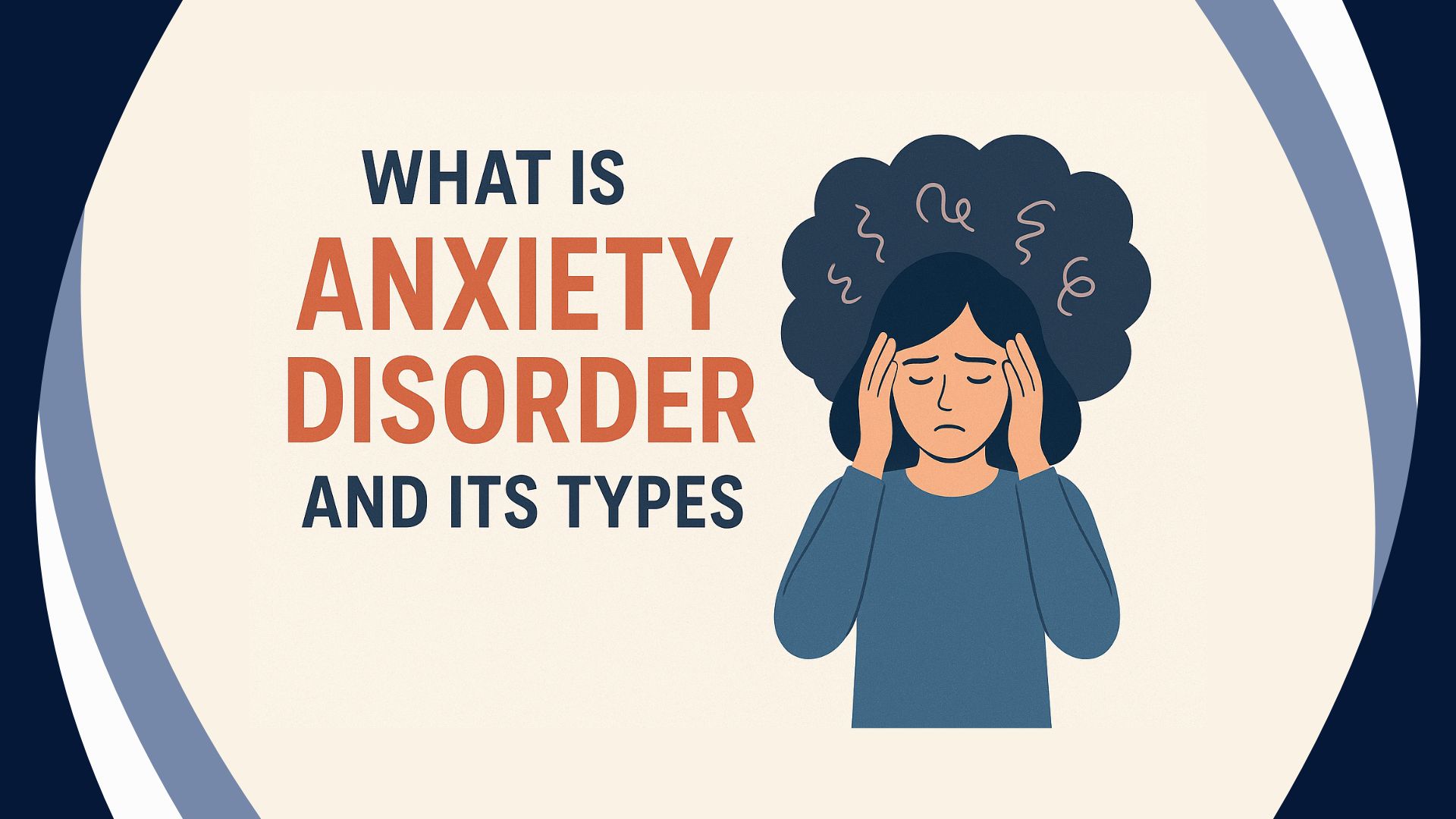Anxiety Disorder
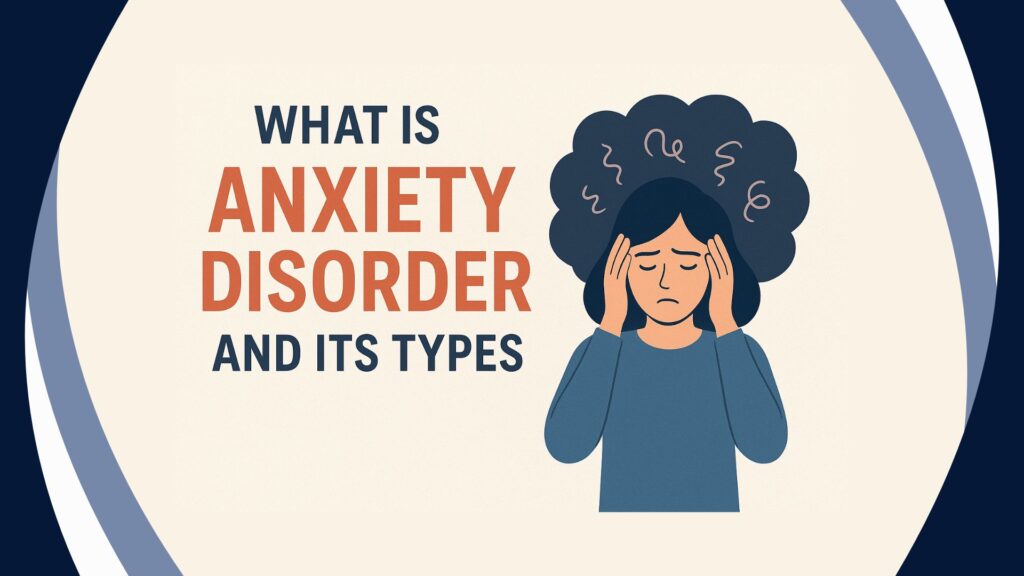
Anxiety Disorder are a group of mental health conditions characterized by excessive worry, fear, or anxiety. These feelings are often intense and persistent and can interfere significantly with daily life. There are several types of anxiety disorders, including:
- Generalized Anxiety Disorder (GAD): Involves excessive worry and anxiety about a wide range of events or activities.
- Panic Disorder: Involves recurrent unexpected panic attacks, which are sudden periods of intense fear or discomfort accompanied by physical symptoms such as rapid heartbeat, sweating, trembling, and shortness of breath.
- Social Anxiety Disorder (Social Phobia): Involves intense fear of social situations or performance situations where embarrassment or scrutiny may occur.
- Specific Phobias: Involve intense fear and avoidance of specific objects or situations, such as heights, flying, animals, or enclosed spaces.
- Obsessive-Compulsive Disorder (OCD): Involves recurrent, unwanted thoughts (obsessions) and/or repetitive behaviors (compulsions) that are difficult to control and can interfere with daily activities.
- Post-Traumatic Stress Disorder (PTSD): Occurs after experiencing a traumatic event and involves symptoms such as flashbacks, nightmares, severe anxiety, and uncontrollable thoughts about the event.
- Agoraphobia: Involves fear and avoidance of situations or places where escape might be difficult or help unavailable if panic-like symptoms were to occur.
Anxiety disorders can vary widely in severity and how they impact individuals. They are typically diagnosed based on symptoms reported by the individual and can be treated with therapies such as cognitive-behavioral therapy (CBT), medication, or a combination of both.
How to overcome from Anxiety Disorder ?
Getting rid of anxiety involves several practical steps:
- Identify Triggers: Understand what situations or thoughts trigger your anxiety.
- Deep Breathing: Practice deep breathing exercises to calm your mind and body.
- Stay Active: Engage in regular physical activity to release tension and improve mood.
- Limit Stimulants: Reduce consumption of caffeine and alcohol, which can worsen anxiety.
- Talk It Out: Share your feelings with trusted friends or family members for support.
- Practice Relaxation: Try relaxation techniques like meditation or yoga to ease anxiety.
- Set Realistic Goals: Break tasks into smaller steps to avoid feeling overwhelmed.
- Professional Help: Consider therapy or counseling for additional support and coping strategies.
Physical Activity:
- Engaging in regular physical exercise has numerous benefits for mental health, including anxiety relief. Exercise helps by:
- Releasing Endorphins: Physical activity stimulates the release of endorphins, which are natural mood lifters and stress relievers.
- Reducing Stress Hormones: Exercise lowers the levels of cortisol and adrenaline, the body’s stress hormones, which can contribute to anxiety.
- Improving Sleep: Regular exercise can improve sleep quality, which is often disrupted by anxiety.
- Promoting Relaxation: Activities like walking, jogging, swimming, or dancing can distract you from anxious thoughts and promote relaxation.
Yoga:
- Yoga combines physical postures (asanas), breathing exercises (pranayama), and meditation to promote relaxation and reduce anxiety. Benefits of yoga for anxiety include:
- Mind-Body Connection: Yoga encourages awareness of the mind-body connection, helping you recognize and manage physical sensations associated with anxiety.
- Breathing Techniques: Pranayama techniques used in yoga, such as deep breathing (diaphragmatic breathing), help calm the nervous system and reduce anxiety.
- Muscle Relaxation: Yoga postures and stretches promote muscle relaxation and release tension stored in the body.
- Meditation and Mindfulness: Yoga incorporates meditation and mindfulness practices, which can enhance self-awareness, reduce stress, and improve overall mental well-being.
Combining Both For Anxiety Disorder:
- Integrating regular physical activity with yoga can provide a comprehensive approach to managing anxiety. Whether you choose to go for a brisk walk, run, swim, or practice yoga, finding what suits you best and making it a consistent part of your routine can significantly help in alleviating anxiety symptoms and promoting a sense of calm and well-being.
